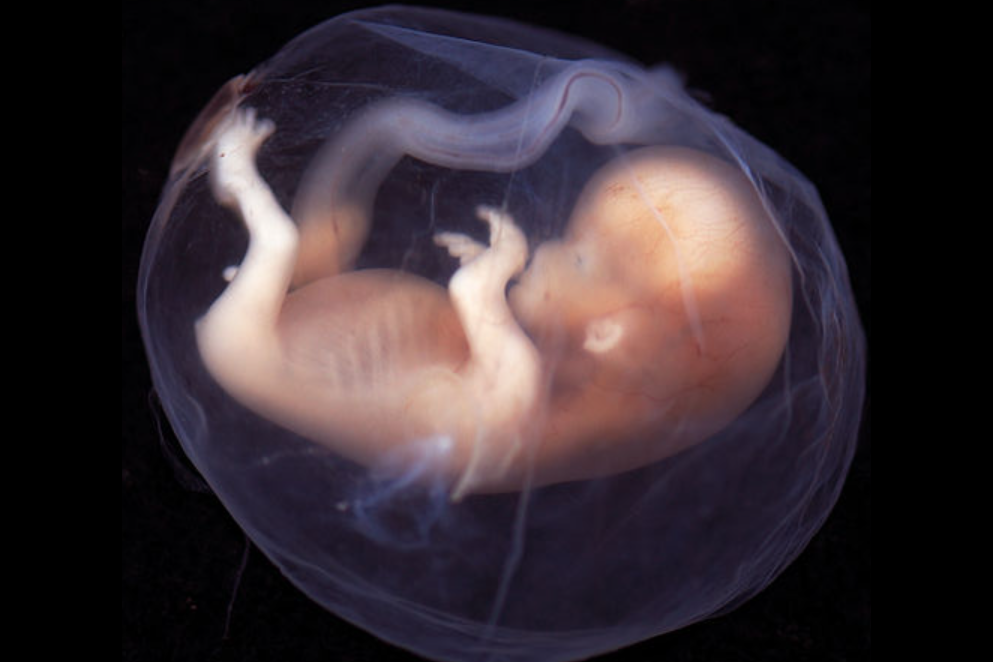The Alabama Supreme Court released a landmark decision last Friday regarding the personhood of frozen embryos. Let it be known! A person is a person no matter where they are or how they came to be! Huzzah!!
The case arose from three couples whose embryos were frozen and stored in a secure facility. Or so they thought. A patient in the hospital got out of his room, went to the hospital’s embryo storage facility, and tried to pick up the tube. However, the patient discovered the tube was very cold (imagine that) and dropped it. The embryos died.
The parents sued for the loss of their children, raising the question of whether they were entitled to relief as if they had lost property or a person. They had paid thousands of dollars to have this embryo made. But was the loss akin to a damaged or lost car, or a child negligently killed by a daycare?
The Supreme Court ruled the parents could recover their loss as if the embryo were a child, born with the inalienable rights given by God, and killed through the negligence of the facility and the clumsy hands of a patient.
The main opinion, authored by Justice Mitchell, was a faithful textualist analysis worthy of the approbation of the late great U.S. Supreme Court Justice Scalia. “The Wrongful Death of a Minor Act applies to all unborn children, regardless of their location,” Mitchell writes succinctly and beautifully.
We have come a long way as a nation in recognizing that people are not property. Well, most of us anyway. The IVF industry hasn’t seemed to catch on yet. And, as you can imagine, the left has lost their ever-loving minds over this decision.
The crux of the problem lies with the interpretation of the Wrongful Death of a Minor Act, how that works against the Brody Act, and what the Alabama Legislature meant by “unborn child.” Where the majority and the dissent seem to divide is on the definition of a person in the Brody Act, which defined “person” as “a human being, specifically including an unborn child in utero.”
If “including” is a limiting word, then children not in utero wouldn’t be protected, an implication Justice Shaw pointed out in oral argument. This is an implication with which the defendants, the Alabama Medical Association, and the dissent seem comfortable.
But for most people, English doesn’t work that way, as the majority points out. “Including” usually means “but not limited to.” It’s a bit ironic to make “including” limiting.
A chilling part of the oral argument on this case happened when the Alabama Medical Association (AMA) argued the embryos should not qualify as children deserving protection because they don’t have eyes or ears, nor do they look like children yet. So basically, if you didn’t come to be like us or don’t look like us, you don’t deserve protection under the law. People missing eyes or ears should probably watch their backs around the AMA.
In the main opinion, Mitchell correctly pointed out that a full-grown toddler conceived via IVF and gestated in an in-vitro environment would not be afforded protection under the law by the defendant’s argument because they were not in utero or born from a womb. Chilling. Even more chilling is that the dissenting justices seem to agree this is the logical conclusion and are ok with that implication.
In his dissenting opinion, Justice Sellers calls the majority’s upholding of the sanctity of human life no matter their location or origin, “an exercise of result-oriented, intellectual sophistry” that is beneath him. In essence, he believes no analysis is possible nor necessary and thus it is the job of the Alabama Legislature to clarify what they already clarified. This ignores the fact that it is the judiciary’s job to interpret the law, analyze the text, and apply it to the facts. That is exactly what the majority opinion did.
Justice Cook’s dissent attempts to use an originalist interpretation of the statute at issue. Though his reasoning is thorough, it is also faulty, and lead him through a repetitive forest of tangled arguments, down a spiral of horrible possibilities, and into the snare of faulty interpretation.
One of his major contentions seems centered on a result he doesn’t like, namely, the end of the IVF industry. In a special concurrence, Chief Justice Parker, the reigning champ of pro-life advocacy in the Court, pointed out the end is not near. In fact, Australia, New Zealand, and European nations have already figured out how to balance the lives of children with the desire of parents to have children. The wheel need not be reinvented nor thrown out.
Parker wrote a masterful work pointing out that Alabamians already told the Court how to interpret the law – in favor of life. They used the word sanctity, a deeply theological term meaning lives set apart and protected by the Creator. Alabamians felt strongly enough about this that they adopted it into the Alabama Constitution. Parker points out that neither the Creator nor the people should be ignored in this matter.
Overall, this opinion is a landmark decision. It will reshape the largely unregulated IVF industry and give dignity and sanctity to the lives of many unborn children. It is yet another reason to be proud to live in the state of Alabama.
The views and opinions expressed here are those of the author and do not necessarily reflect the policy or position of 1819 News. To comment, please send an email with your name and contact information to Commentary@1819News.com.
Don’t miss out! Subscribe to our newsletter and get our top stories every weekday morning.










